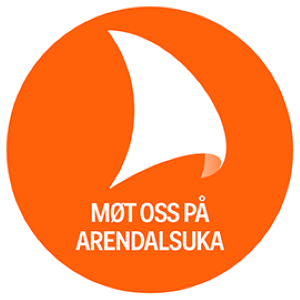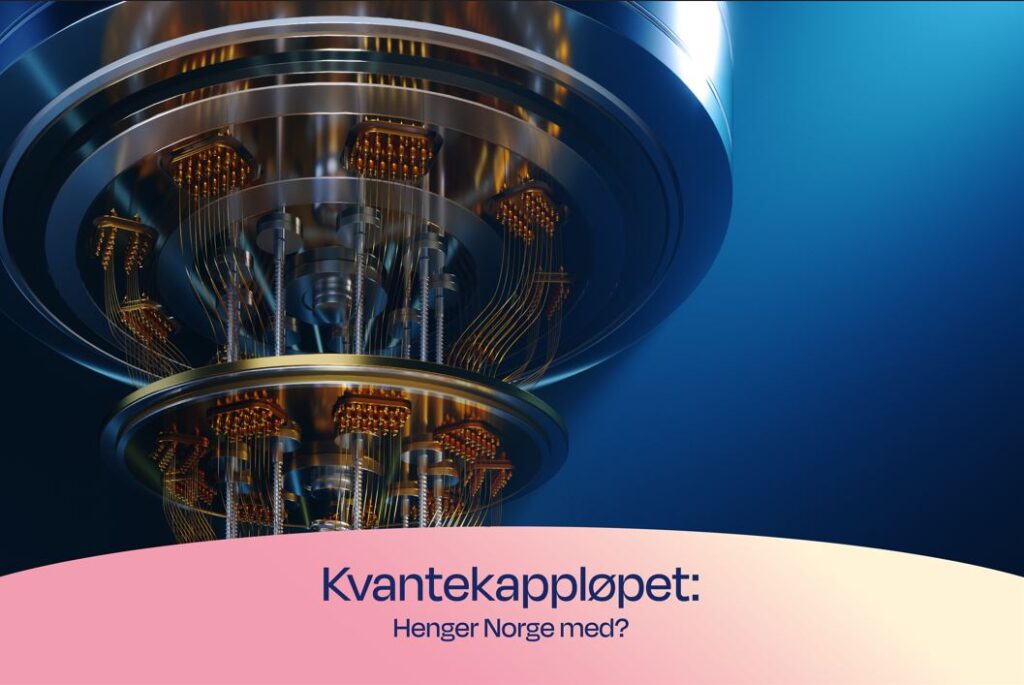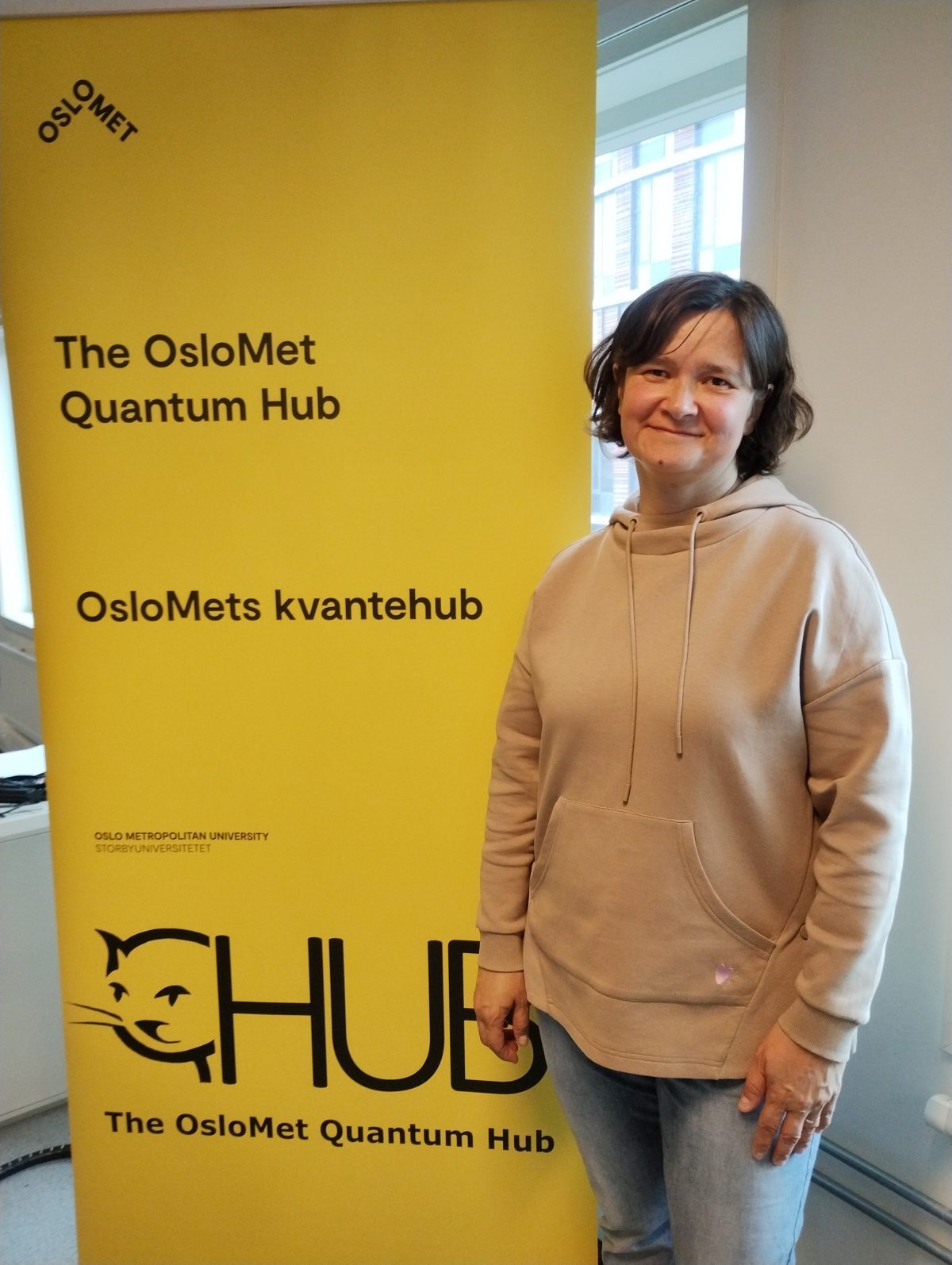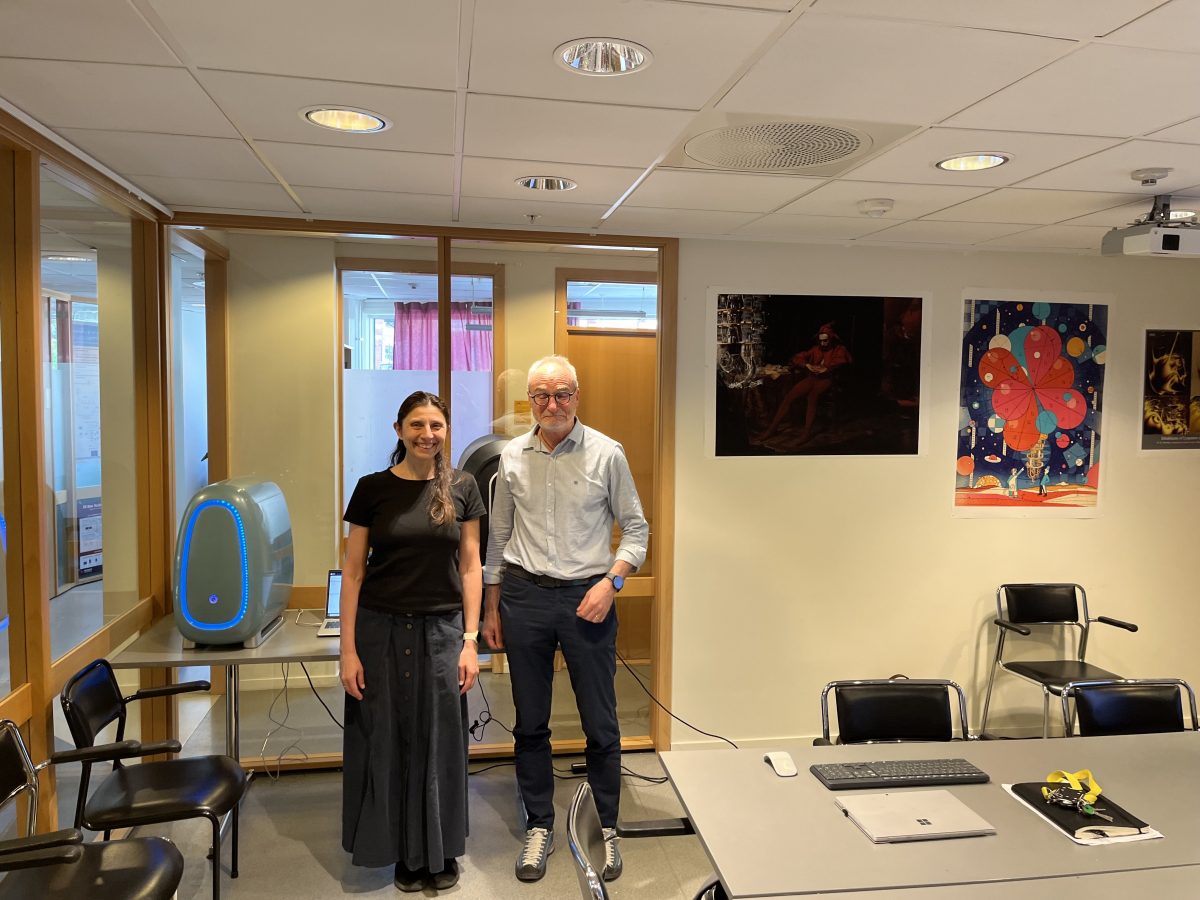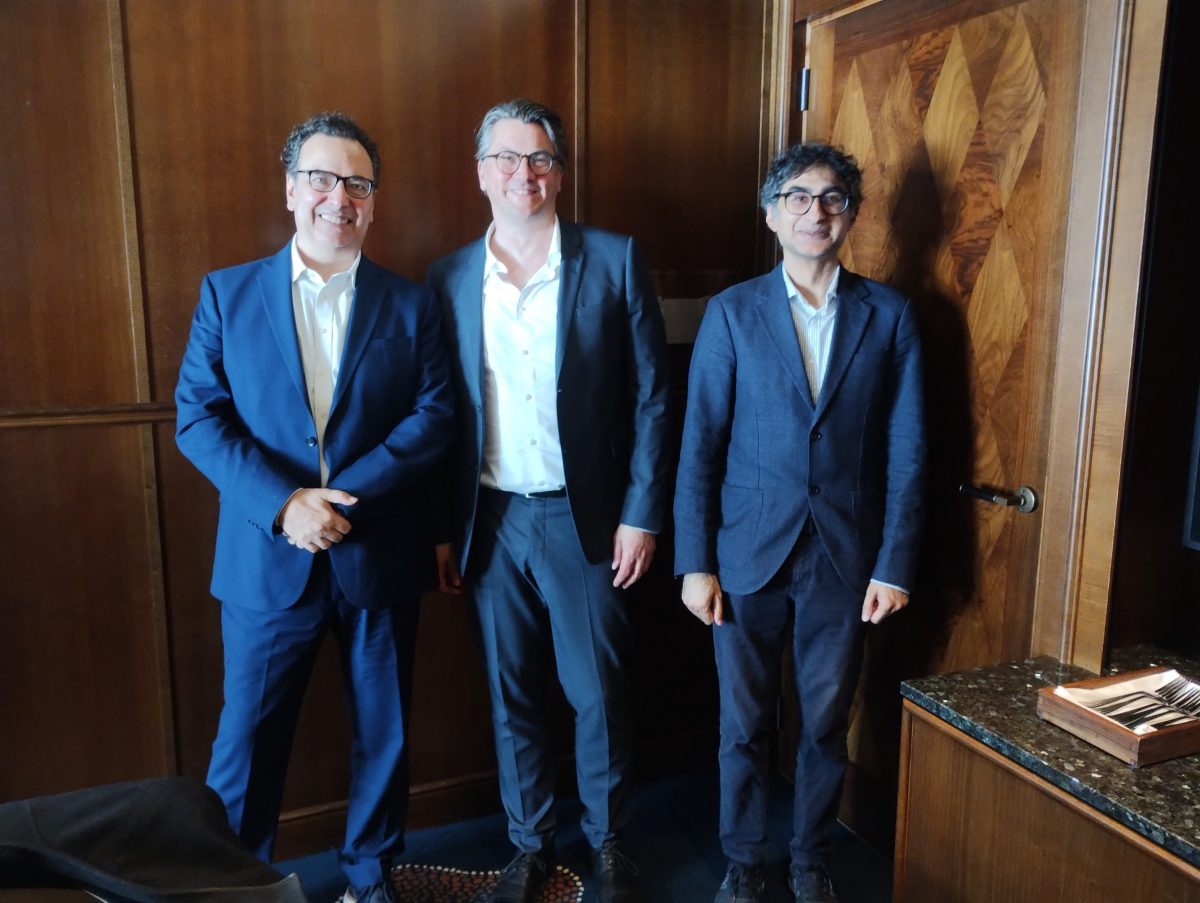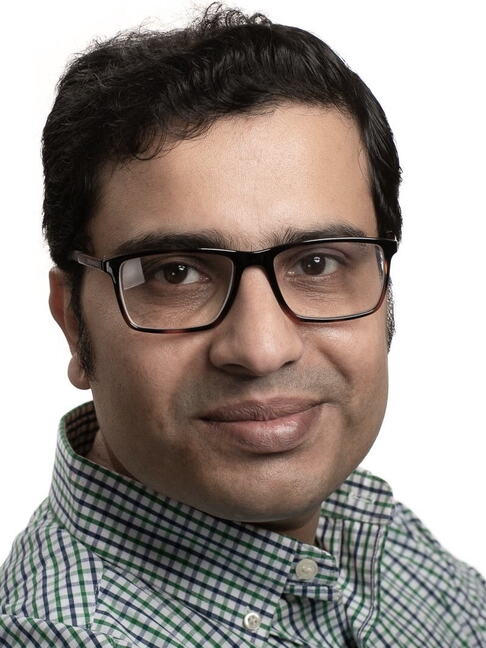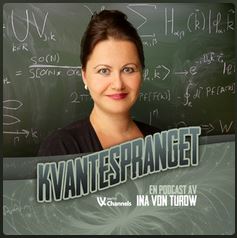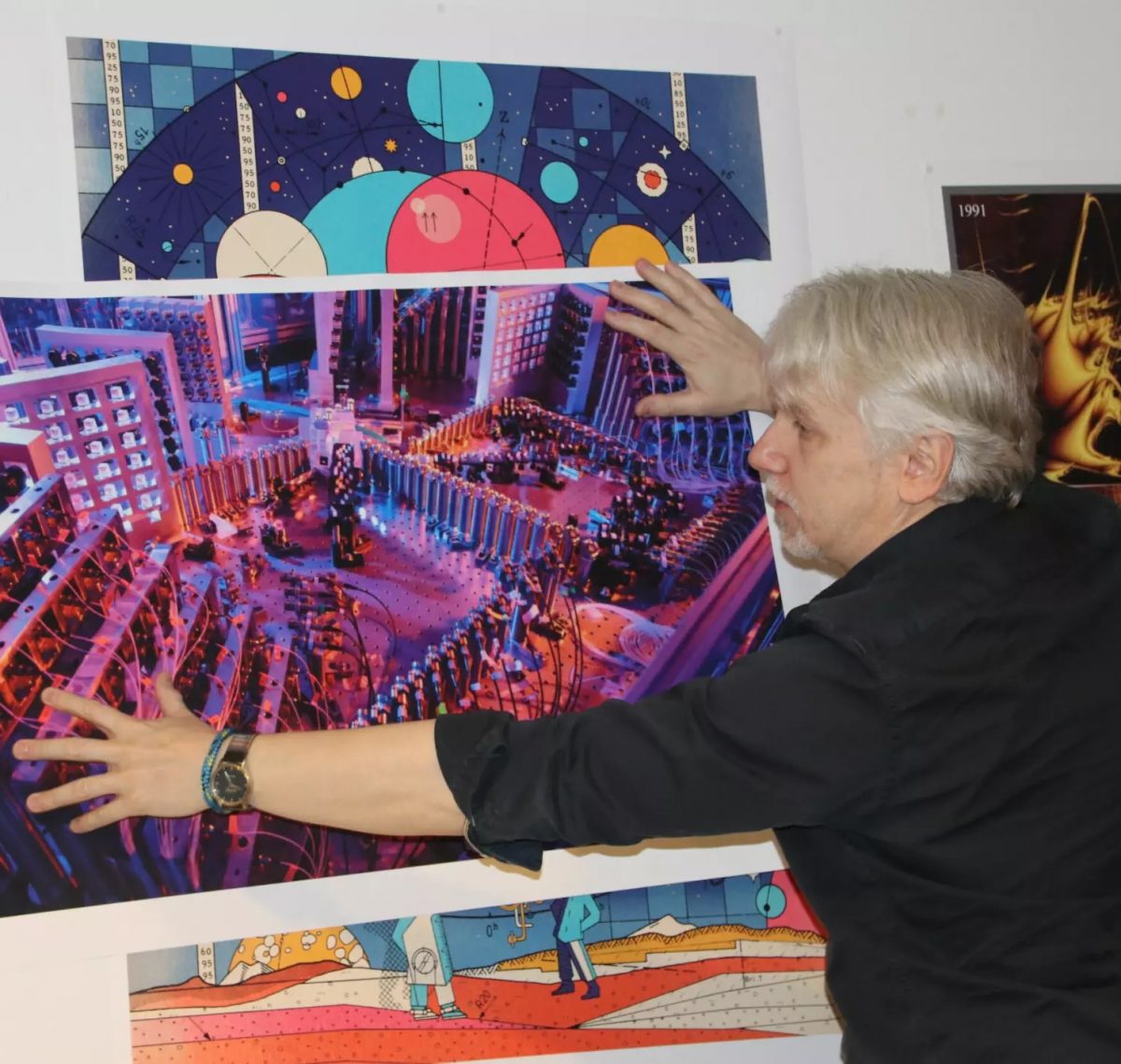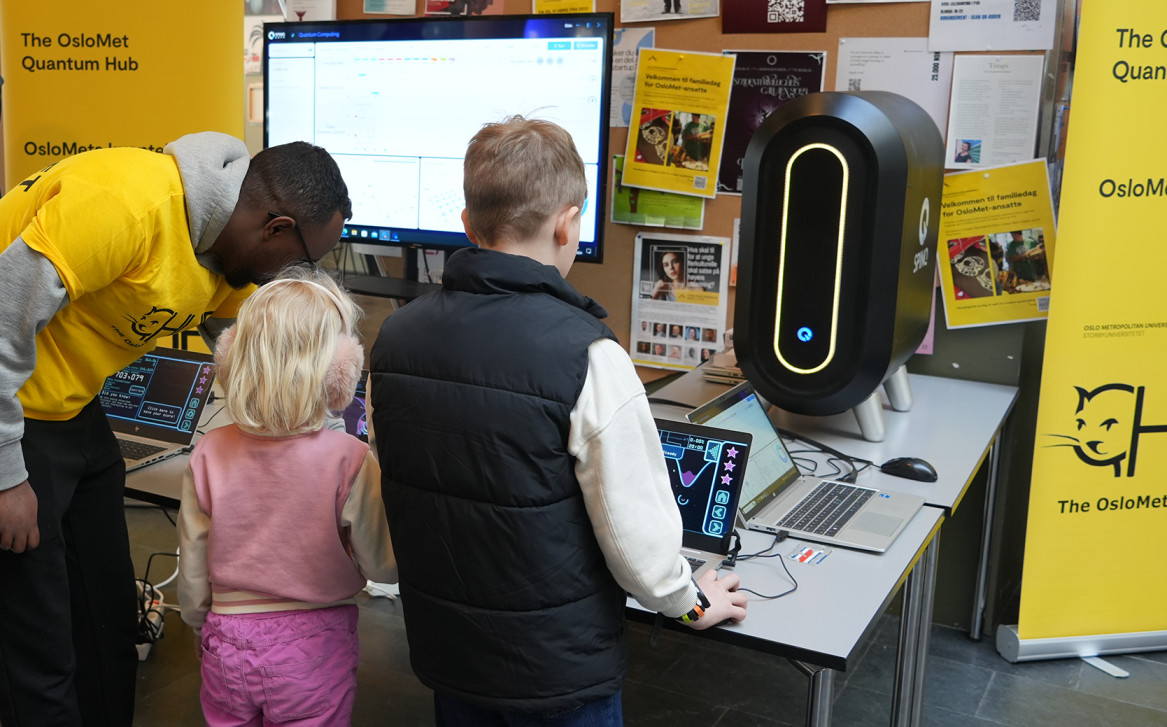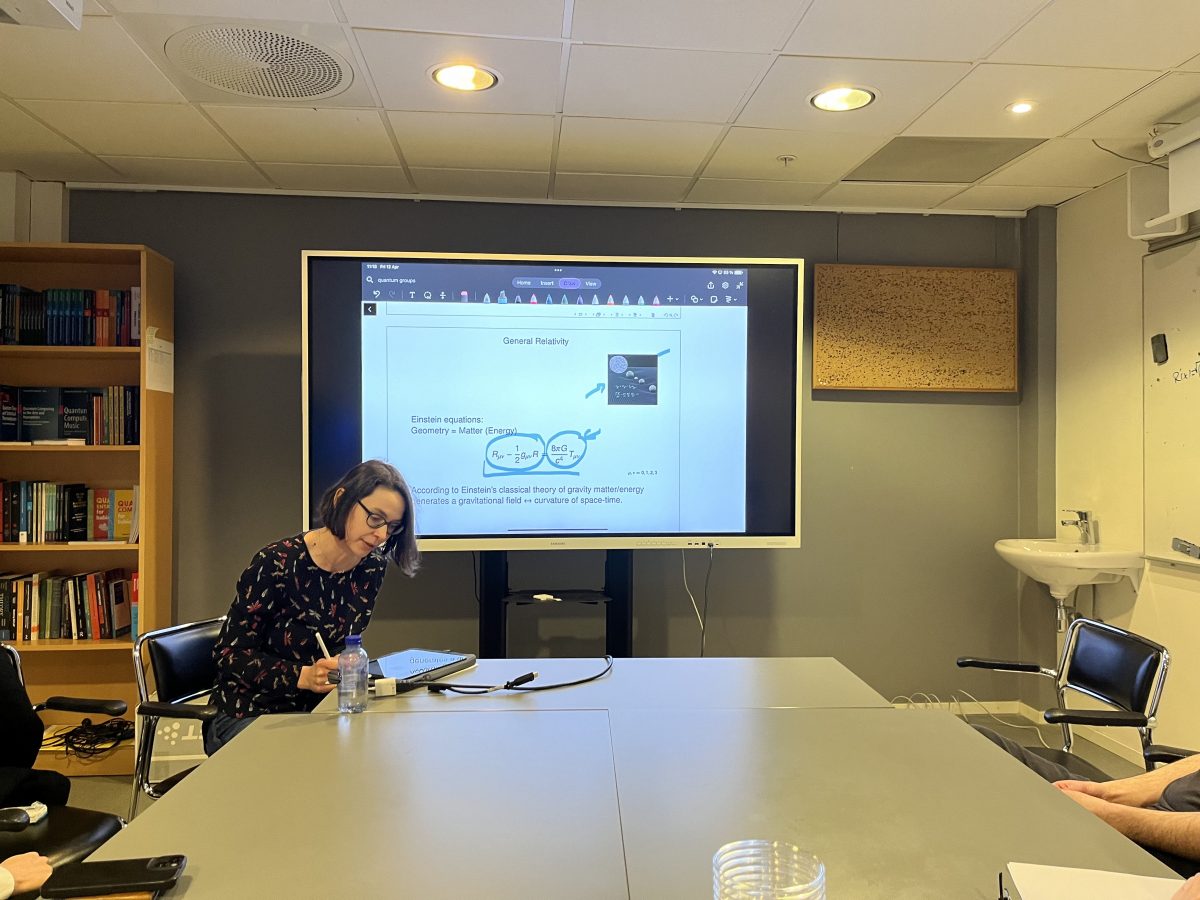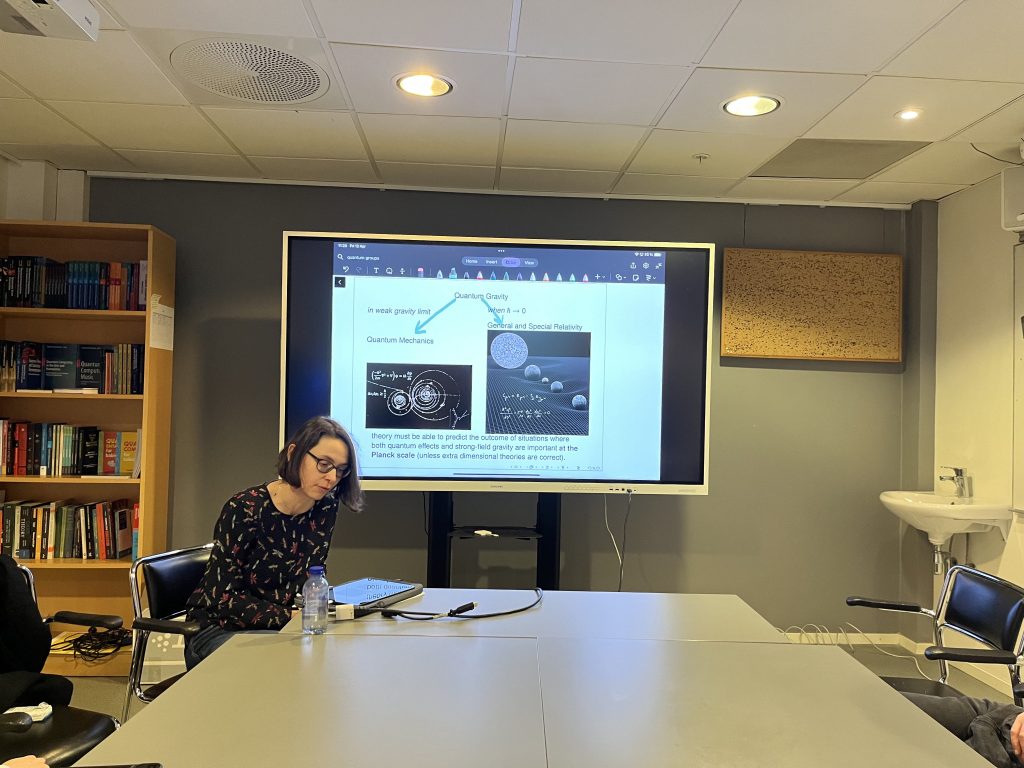From 9th to 12th of June, we had the pleasure of hosting a little workshop on atoms and lasers – and a couple of other things too. This was put together in connection with a visit from our esteemed colleges from Warsaw University, prof. Katarzyna Krajewska (picture), prof. Jerzy Kaminski (prince George amongst friends) and their team.
They all delivered very interesting presentations – as did Thomas Bondo Pedersen and his students from the Hylleraas Centre, which is headed by Thomas, and Morten Førre and his students. Presentations holding the promise of significant and new scientific contributions in the near future – both when it comes to pair creation, strong field ionization beyond the dipole approximation and the ability to describe complex, unbound molecular systems dynamically.
As for our local “hubbers”, our own Bendik got to demonstrate several of his very nice research results, and Sergiy gave a nice introduction to the diverse activities in our hub. We were happy to see the Regal fraction of our Quantum Hub, headed by Andre, taking and active part – both presenting and participating.
For more details – and a cool gallery, please visit the workshop’s homepage.
We thank Maryam Kaviani for taking care of virtually all practicalities. And we do not thank our technical division for remaining silent about the overly cool temperature in our original venue.
